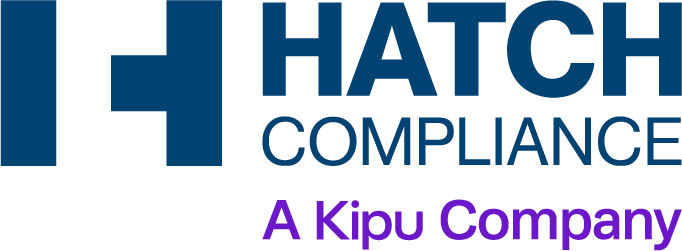In the field of behavioral healthcare, regulatory compliance is central to ensuring the delivery of safe, effective, and ethical care. Adhering to regulatory standards protects patients, upholds the integrity of healthcare organizations, and fosters trust within the community. As regulatory landscapes evolve, understanding and implementing compliance measures is crucial for the sustained success and credibility of behavioral healthcare providers.
A primary aspect of regulatory compliance in behavioral healthcare is maintaining patient confidentiality and data security. With the increasing digitization of health records, organizations must adhere to regulations such as HIPAA, which mandates strict protocols for the protection of patient information. Implementing robust cybersecurity measures and conducting regular audits are essential practices to prevent data breaches and ensure compliance with these critical standards.
Employee training and education are also vital components of regulatory compliance. Regular and comprehensive training programs help staff stay informed about the latest regulatory changes and compliance best practices. This ongoing education empowers employees to execute their duties in alignment with regulatory requirements, reducing the risk of non-compliance and enhancing the overall quality of care.
Monitoring and auditing internal processes is another key strategy for ensuring regulatory compliance. Routine audits and assessments help identify areas of potential risk and non-compliance, allowing organizations to take corrective action promptly. This proactive approach not only helps maintain compliance but also fosters a culture of continuous improvement within the organization.
Patient care and treatment protocols must also be aligned with regulatory standards. Ensuring that all clinical practices meet established guidelines is critical for delivering high-quality care and avoiding legal repercussions. Organizations should regularly review and update their treatment protocols to reflect current best practices and regulatory expectations, ensuring that patient care is both compliant and effective.
Regulatory compliance is at the heart of behavioral healthcare, underpinning every aspect of patient care and organizational operations. By focusing on patient confidentiality, employee training, internal audits, and aligning care protocols with regulatory standards, healthcare providers can achieve excellence in compliance and care delivery. For expert assistance in navigating the complexities of regulatory compliance, Hatch Compliance offers invaluable support to help organizations stay on track and meet their compliance goals.
Key Aspects of Regulatory Compliance in Behavioral Healthcare:
- Patient confidentiality and data security
- Employee training and education
- Regular monitoring and auditing
- Alignment of patient care protocols with regulatory standards
- Proactive identification and mitigation of compliance risks
For further assistance or inquiries, contact Hatch Compliance, the compliance experts, at www.HatchCompliance.com, Info@hatchcompliance.com, or (888) HATCH-30.













